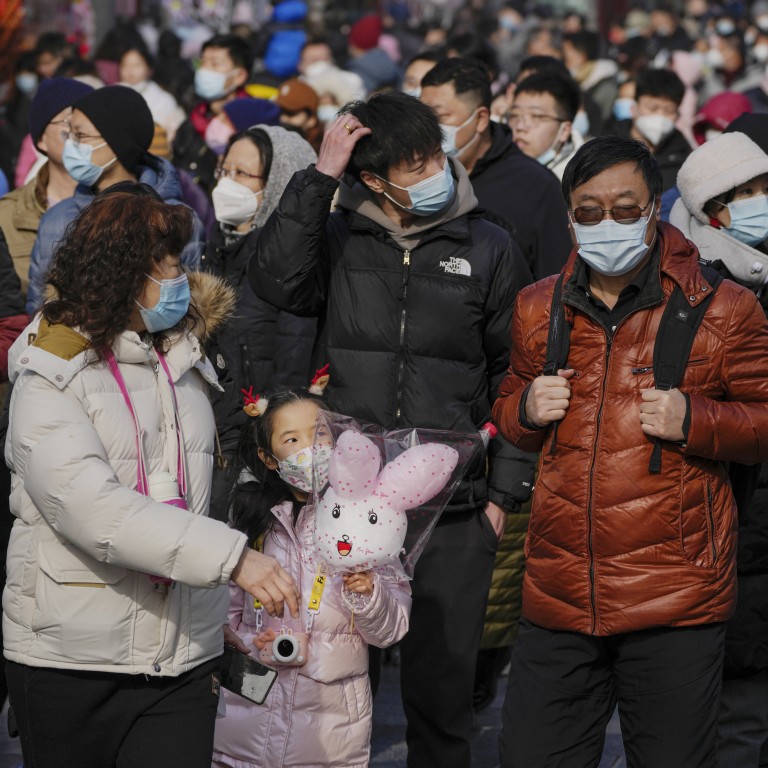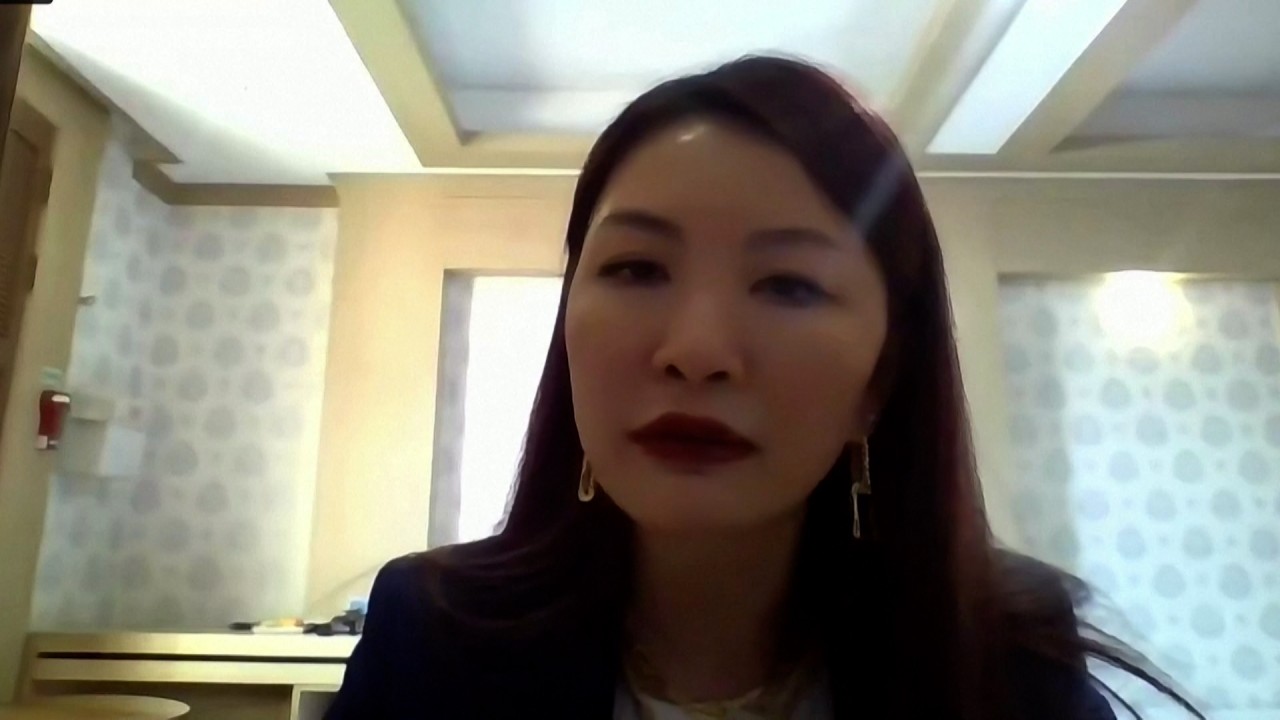
China resumes issuing visas to Japanese citizens, easing retaliation over Covid travel curbs
- Beijing’s embassy in Tokyo says it has ended visa suspensions imposed after Japan tightened pandemic-related restrictions on Chinese travellers
- The sudden shift follows Japan’s announcement that visa services in China have returned to normal
The announcement came a little over a week after the Japanese embassy in Beijing said that its visa service in China, which was temporarily reduced because of the Covid-19 pandemic, had resumed normal operations.
A Chinese foreign ministry spokesman said the suspension was necessary to protest against “discriminatory entry restrictions” on its citizens.
How will visa rows affect China’s ties with Japan and South Korea?
Following a surge in Covid-19 cases in China last month, Japan tightened its rules for travellers coming directly from the country, requiring negative results from a PCR test taken less than 72 hours before departure as well as a negative test upon arrival.
On January 19, Chinese foreign ministry spokesman Wang Wenbin called on countries to lift “discriminatory restrictions” targeting Chinese travellers as soon as possible and to work with Beijing to restore normal cross-border travel.
China will allow group tours to 20 countries to resume from February 6, but Japan is not among the approved destinations.
In 2019, before the pandemic, about 9.59 million tourists from mainland China visited Japan, accounting for about 30 per cent of all inbound tourists, according to government data.
Their spending totalled 1.8 trillion yen (US$13.6 billion), or 36.8 per cent of total visitor expenditure.
China warns Japan against attempts to ‘ideologise’ supply chain dealings
Japan has said it will formally downgrade the legal status of Covid-19 on May 8, easing prevention rules to put the disease in the same category as common infections such as seasonal influenza.
Beijing is yet to say when it will restart processing visa applications for South Koreans.
Seoul had previously planned to suspend issuing short-term visas to Chinese travellers until January 31, prompting Beijing to retaliate by suspending short-term visa applications for South Koreans.
The United States has also imposed new restrictions on travellers from China, requiring them to test negative for Covid-19 before entering the country.
World Health Organization director general Tedros Adhanom Ghebreyesus said he understood why numerous countries had taken measures against travellers from China, given the shortage of information about Covid-19 in the country.
Earlier this month, China published its death toll for the first time since its abrupt pivot away from its zero-Covid in December.
The number of deaths, hospitalisations and severe cases have been dropping as about 80 per cent of the country’s population have been infected, according to the Chinese Centre for Disease Control and Prevention.
The China CDC also said genome sequencing indicated that the dominant variants in China were known ones.


